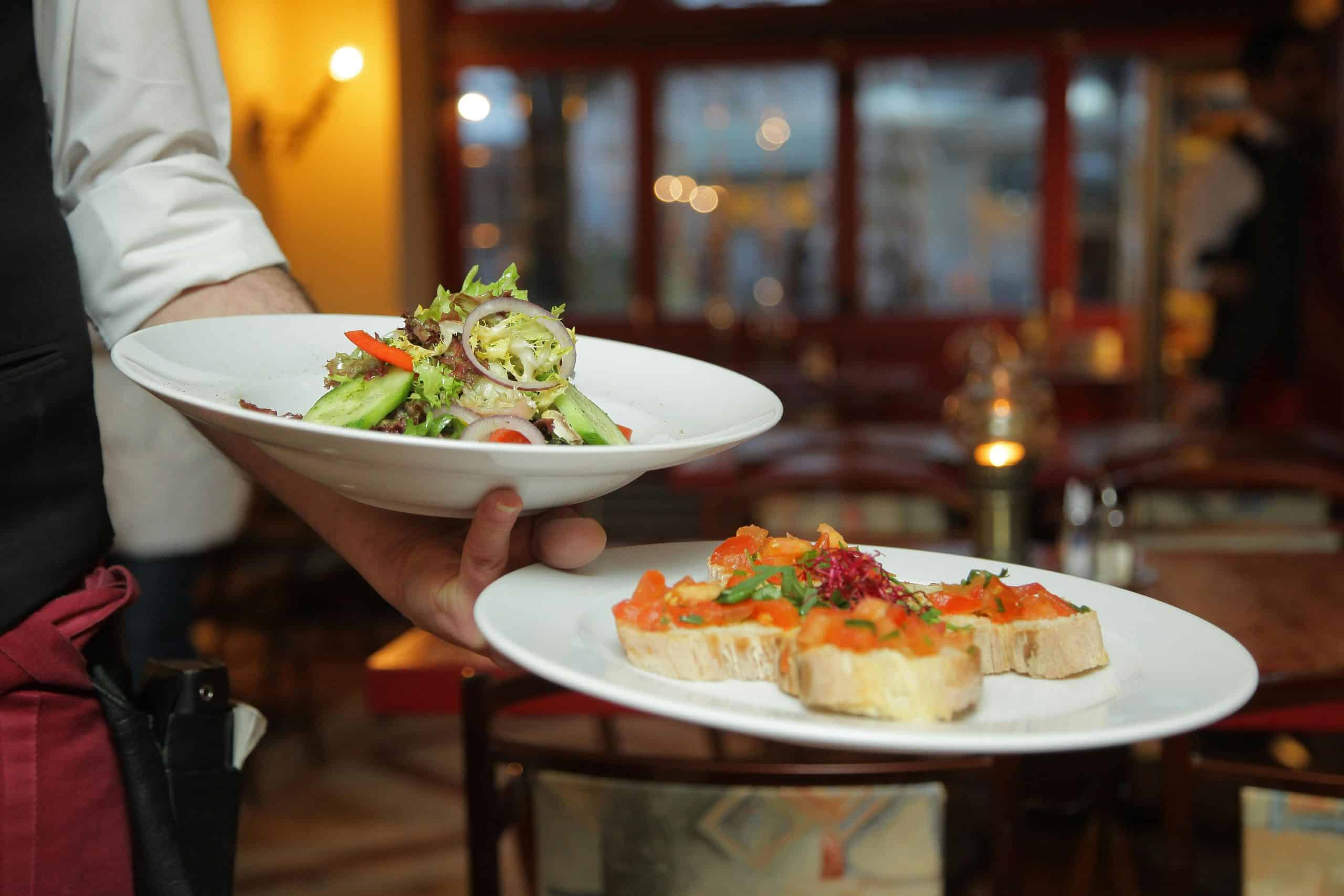How Can a Nottingham-Based Restaurant Use Data Analytics to Optimize Menu Design?

In the dynamic world of the restaurant business, staying ahead of the competition can be challenging. As a Nottingham-based restaurant, leveraging data analytics is crucial for optimizing menu design. This approach can help you understand and meet your customers' preferences while increasing profitability. Let's delve into how data analytics can revolutionize your menu and elevate your customer experience.
Understanding the Role of Data Analytics in Menu Design
To harness the full potential of data analytics, you need to comprehend its role in menu design. Data analytics involves collecting and analyzing various data points to derive actionable insights. These insights can help you make informed decisions about what dishes to offer, pricing strategies, and more.
A lire aussi : What Are the Key Considerations for Developing a Multi-Channel Marketing Strategy for a UK Fashion Brand?
Utilizing data analytics, you can track your customers' ordering patterns through your restaurant management system. This system can provide valuable information about which dishes are popular, which ones are not, and seasonal trends. By understanding these patterns, you can refine your menu to better align with your customers' tastes.
In addition, artificial intelligence (AI) and machine learning can predict future trends based on historical data. For instance, AI can identify which dishes may become popular in the upcoming months, allowing you to adjust your menu proactively.
A découvrir également : Unlocking the secrets of fluvial gauging for better logistics
Data analytics can also help you manage your inventory more effectively. By analyzing sales data, you can predict which ingredients you'll need more of, reducing waste and ensuring you always have the necessary ingredients on hand. This can significantly cut costs and improve your restaurant's overall efficiency.
Leveraging Social Media and Digital Marketing
In the digital age, social media and digital marketing are invaluable tools for restaurants. Platforms like Instagram, Facebook, and Twitter allow you to connect with your customers in real-time, gather feedback, and promote your menu.
Social media analytics can provide insights into what your customers are saying about your food and service. By monitoring comments, likes, shares, and other engagement metrics, you can gauge what dishes are resonating with your audience. This feedback can be used to tweak your menu and create dishes that your customers will love.
Influencer marketing is another powerful tool. Collaborating with local influencers can help raise awareness about your restaurant and attract new customers. Influencers can share their dining experiences with their followers, providing authentic reviews and recommendations.
Moreover, email marketing can be an effective way to keep your customers informed about new dishes, promotions, and events. By analyzing email open rates, click-through rates, and other metrics, you can determine which types of content are most appealing to your audience. This information can guide your marketing strategies and help you create engaging campaigns that drive traffic to your restaurant.
Utilizing Real-Time Data for Improved Customer Experience
Real-time data can be incredibly beneficial for enhancing the customer experience in your restaurant. By integrating real-time data analytics into your operations, you can make immediate adjustments based on current conditions.
For example, if you notice a particular dish is selling out quickly, you can adjust your inventory and supply chain to ensure you can meet demand. Real-time data can also help you identify and address any issues promptly, such as long wait times or customer complaints.
Additionally, real-time data can be used to personalize the dining experience. By tracking customers' preferences and past orders, you can offer personalized recommendations and promotions. This can create a more enjoyable and memorable experience for your customers, encouraging them to return.
Technology such as mobile apps and online presence can also play a crucial role in this process. Mobile apps can provide real-time updates on wait times, menu changes, and special offers. They can also facilitate online ordering and reservations, making it more convenient for your customers to dine with you.
Collaborating with Marketing Agencies for Data-Driven Strategies
Partnering with marketing agencies can help you develop and implement data-driven marketing strategies. These agencies have the expertise and tools to analyze your data and provide actionable insights.
A marketing agency can help you create targeted campaigns based on customer data. For instance, if data shows that a particular demographic is more likely to dine at your restaurant, you can create tailored marketing efforts to attract that group. This can include social media ads, email campaigns, and even location-based marketing.
Furthermore, marketing agencies can assist in optimizing your online presence. They can ensure that your website is SEO-friendly, making it easier for potential customers to find you online. They can also manage your social media accounts, creating engaging content that resonates with your audience.
Artificial intelligence and machine learning are also powerful tools that marketing agencies can use. These technologies can analyze vast amounts of data quickly and accurately, providing insights that might not be apparent through manual analysis. This can help you stay ahead of trends and make informed decisions about your menu and marketing strategies.
Implementing Data Analytics for Operational Efficiency
Finally, implementing data analytics can significantly improve your restaurant's operational efficiency. By analyzing data from various aspects of your operations, you can identify areas for improvement and make data-driven decisions.
For instance, you can use data analytics to streamline your supply chain management. By analyzing sales data and supplier performance, you can identify the most reliable suppliers and negotiate better deals. This can help you reduce costs and ensure a steady supply of high-quality ingredients.
Moreover, data analytics can help you optimize your staffing levels. By analyzing customer traffic patterns and peak times, you can schedule staff more effectively. This can help you provide better service during busy periods and reduce labor costs during slower times.
Additionally, data analytics can help you monitor your restaurant's financial performance. By analyzing revenue, expenses, and profit margins, you can identify areas for improvement and implement strategies to increase profitability.
Overall, data analytics can provide a comprehensive view of your restaurant's operations, helping you make informed decisions that drive efficiency and profitability.
Incorporating data analytics into your Nottingham-based restaurant's operations can significantly optimize your menu design and overall business performance. By leveraging data, you can gain valuable insights into customer preferences, streamline your supply chain, improve operational efficiency, and enhance the customer experience. Utilizing tools like social media, artificial intelligence, and real-time data can provide you with the competitive edge needed in today's fast-paced digital world. Collaborating with marketing agencies can further ensure that you make the most out of your data-driven strategies. Ultimately, adopting a data-centric approach will help your restaurant thrive, attract more customers, and increase profitability.
